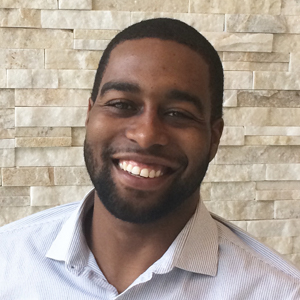‘There is a lot of work to do’
I am often told that I do not fit the stereotypical profile of a scientist. Is it because I am a tall, former collegiate swimmer and extremely extroverted? Or is it because I grew up in Baltimore City and posed for pictures at my Ph.D. graduation ceremony with dreadlocks under my cap? As you may have guessed, I am a young African-American male scientist. I am not the first, but I am still a rarity in the life sciences. My atypical look provides an opportunity to engage with others to deconstruct the stereotype and actively diversify the profile of scientists.
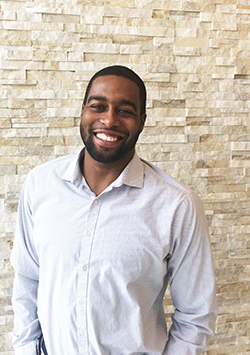 Christopher W. Williams
Christopher W. Williams
Although I am passionate about science, I realize that I could be the last scientist in my family. I accept that my future children may not be interested in following in my footsteps. However, I do not accept that a child, especially one who looks like me, may never have the opportunity to become a scientist and contribute to groundbreaking research, discovery and innovation.
My strategy to address this concern is to start the recruiting process early for the next generation of African-American scientists through effective science education and outreach initiatives. My recruiting tactic is simple: I show up. I consistently give my time and energy to disprove misconceptions about who scientists are, what they look like and how they can impact the world. The students do the rest of the work. They are challenged and encouraged with science lessons and, as a result, demonstrate improved reading, analytical, math and interpersonal communication skills.
My goal is not to turn anyone into a scientist but rather to improve scientific literacy and allow future scientists to reveal themselves. Ultimately, I want the students that I interact with to become more focused and confident individuals.
With that said, I must get going. There is a lot of work to do.
Enjoy reading ASBMB Today?
Become a member to receive the print edition monthly and the digital edition weekly.
Learn moreGet the latest from ASBMB Today
Enter your email address, and we’ll send you a weekly email with recent articles, interviews and more.
Latest in Opinions
Opinions highlights or most popular articles
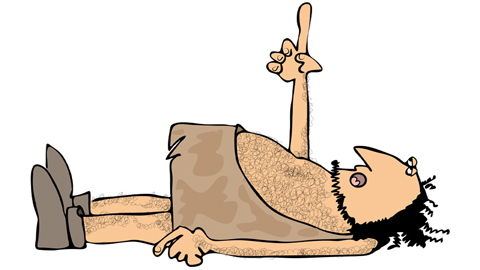
A paleolithic peer review
You might think review panels have only been around for the last century or so. You would be mistaken.

Early COVID-19 research is riddled with poor methods and low-quality results
The pandemic worsened, but didn’t create, this problem for science.

So, you went to a conference. Now what?
Once you return to normal lab life, how can you make use of everything you learned?
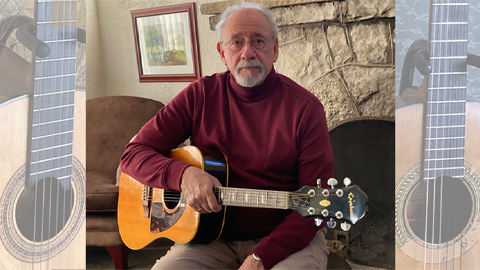
My guitar companion
A scientist takes a musical journey through time and around the world.
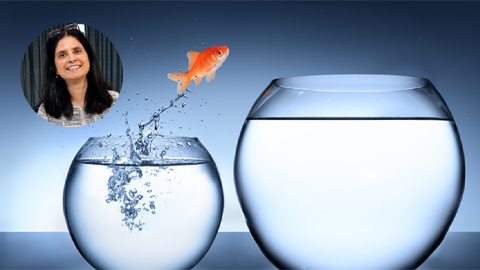
Catalyzing change and redefining purpose
To mark Women’s History Month, Sudha Sharma writes about her journey from focusing on her own research program to being part of a collaborative COVID-19 project.
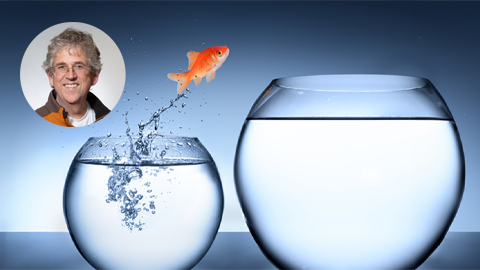
The power of sabbaticals
To mark Women’s History Month, Nicholas Rhind writes about learning techniques in other researchers’ labs that empower the work in his own.

